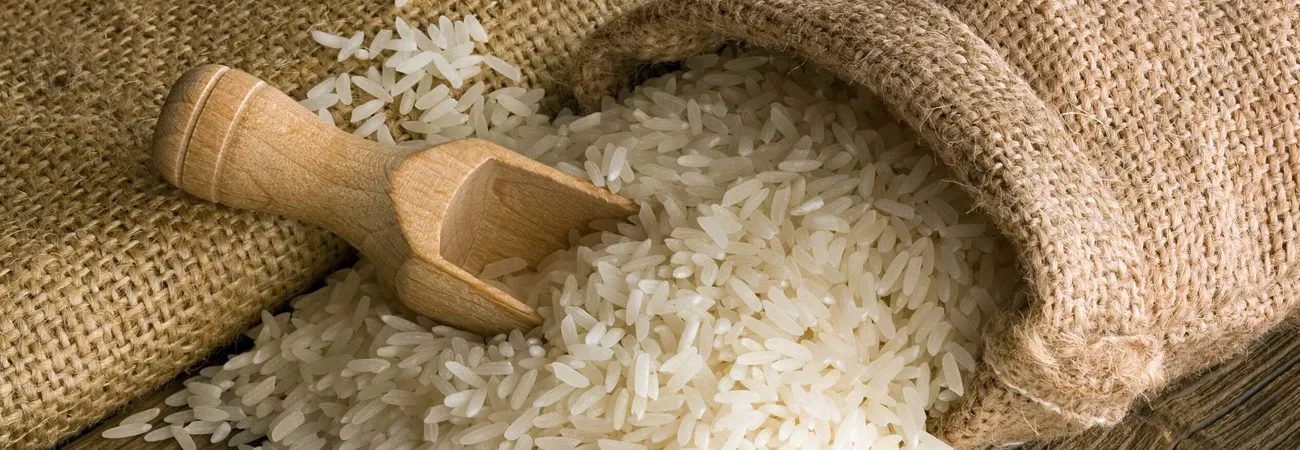i ECONOMY
Pakistan's rice production declined by 21.5% to 7.3 million tonnes (MTs) during the fiscal year ending on June 30, 2023, from 9.3MTs in the earlier fiscal, thus putting pressure on the country's exports and foreign exchange reserves. "Pakistani rice is in great demand in the world and is one of the most important sources of foreign exchange earnings. However, the decline in rice production in FY23 highlights the challenges Pakistan's agriculture sector faces," points out Dr Abid Majeed Satti, a senior scientific officer at the National Agricultural Research Council (NARC). "Rice is the second most important staple food crop after wheat and the second most important exportable commodity after cotton. The sector contributes 1.9% to the value added of the agricultural sector and 0.4% to the country's GDP," he informed WealthPK. "This decline in production is due to several factors, ranging from adverse weather conditions to challenges in agricultural management, with one of the primary reasons being the devastating floods that struck Pakistan in 2022. These floods inflicted substantial damage on the rice crop, leading to a significant reduction in production and, consequently, affecting export volumes," he said.
"Additionally, issues related to water management and resource allocation have further exacerbated the challenges faced by rice farmers," he said. Abid Majeed added, "The repercussions of the declining rice production are not confined to the domestic front alone. Pakistan, one of the world's leading rice exporters, is witnessing a contraction in its export volumes. The reduction in the availability of rice for export has led to a decrease in foreign exchange earnings." The NARC scientist maintained: "This situation could potentially lead to increased reliance on external borrowing, putting additional strain on the country's fiscal position." He emphasised that the government needed to take measures to mitigate the impact on both farmers and the economy. He stressed that agricultural reforms, improved water management practices, and the introduction of climate-resilient crop varieties were necessary to enhance the sector's resilience against future challenges.
According to WealthPk Research, food group exports decreased by 3.4% to $3.8 billion during the July-March period of FY23 as against $3.9 billion over the same period last year. Within the food group, rice exports decreased both in quantity and value by 18.8% and 10.9%, respectively. The basmati rice exports decreased both in quantity and value by 21.5% and 7.2%, respectively, during the period under review. A major decline was observed in rice exports to Afghanistan (98%), followed by China (57%). Likewise, other varieties under the rice group during the July-March FY23 period witnessed a decline of 12.1% in value and 18.4% in quantity.
Credit: Independent News Pakistan (INP)









